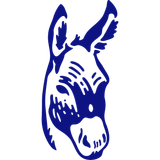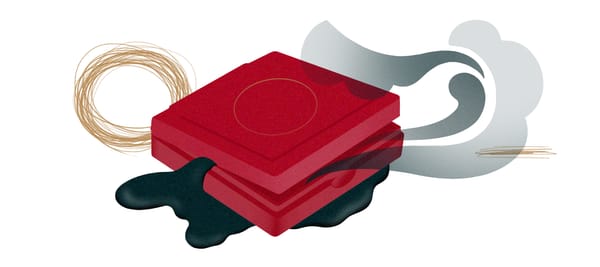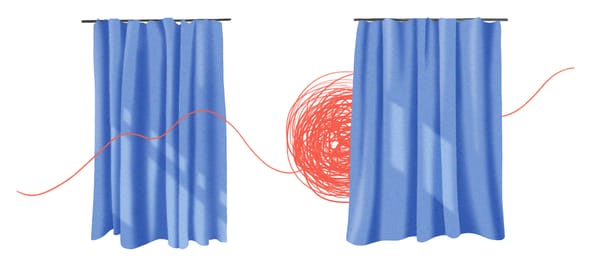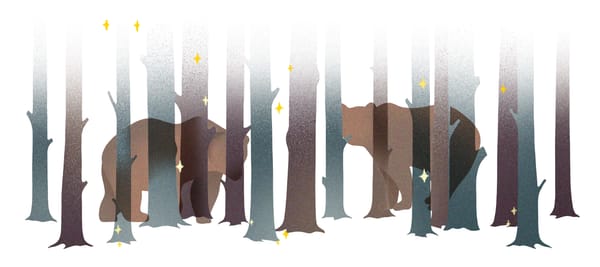The Thirty-Eighth Parallel
by Robert Yune | Replaying history.
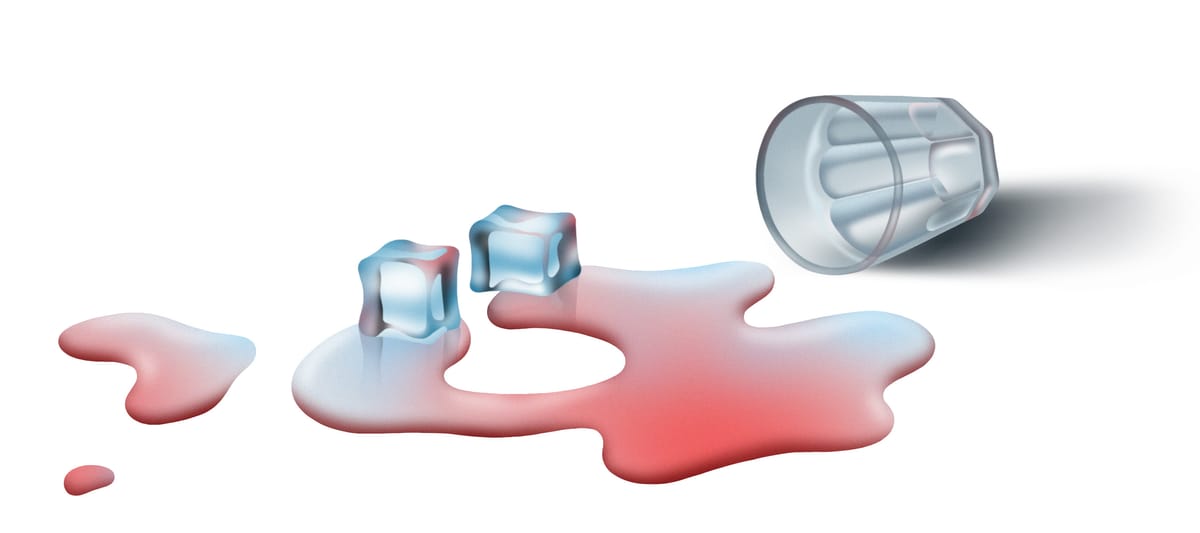
“Where you from, young man?” he asked, wrapping his arm around my neck to pull me closer. He was a middle-aged white man with a scraggly gray beard that hung down over a faded T-shirt. Whoever he was, he sat on his corner stool with the authority of a regular.
I straightened my back. He got the hint and slid his arm onto my shoulder. It was Friday, the small-town bar as crowded as a prom in a phone booth. The jukebox, which had been blaring line-dancing classics all night, loaded a new CD but didn’t play it. After a minute, the silence left everyone a bit stunned. Our ears rang as we glanced around, took stock of our surroundings. “Two Coronas,” I told the bartender.
“I’m from Indiana,” I told the man. He squeezed his hand into a friendly claw and pushed a knuckle into my chest.
“No, originally.”
I knew what he meant. Honestly, the nice thing about being Asian in America is you sometimes forget. When I woke up that morning, I wasn’t any particular race—I was just a twenty-three-year-old man frowning at the water stains on our hotel room’s ceiling and trying to ignore my girlfriend’s snores. At some point in the evening, we’d ended up at this bar, and suddenly I was Asian. The man with the scraggly beard wanted to know which kind. Normally, I might have gotten coy about it, but I was on vacation.
“I’m Korean,” I said.
“I had some friends in Korea.”
“It’s a big country,” I said. He wanted to buy me a drink. I didn’t know how to decline politely. The bartender brought my two Coronas. They sat on the bar, sweating. The jukebox still hadn’t started up, and somehow the quiet sharpened my sense of smell. Among the buzz of neon and laughter, I smelled sawdust with a faint whiff of stale vomit. The man with the beard—Ted—was trying to guess my age when the bartender reappeared.
“Rum and Cokes,” Ted shouted. After the bartender set them down, Ted grabbed one and slid the other toward me.
We chatted for a few minutes about the Phillies game on the TV, but it seemed like he wanted something else. My girlfriend was waiting somewhere in the bar, so I figured I’d talk to him until my rum and Coke was empty. It was halfway there.
“Everyone wants replays,” he said.
“I guess it’s fine if the umpires aren’t calling it right,” I said.
“It’s a beautiful game, the athleticism behind the stats. People make mistakes.”
“That’s true,” I said. Honestly, coming to this bar had been my girlfriend’s idea. After my first and second beers, I had still been planning on driving back to the hotel, but now, we’d have to wait around for at least an hour until the alcohol wore off. Ice clinked against my teeth as I swallowed the last of the drink.
“My friends were in Korea, in the army. During the war.”
“Oh,” I said. The alcohol was stronger at the bottom, and I could feel the dregs burning into my stomach lining.
“I was in the infantry.” He named his rank and division and reached out for my neck, but I pulled away. “My machine gun heated up. You can’t imagine. I remember it just like that. The casings, sometimes they fly and get stuck under your collar, just hot brass. Sizzling. And those boys kept coming. I didn’t want to hurt anyone,” he said, leaning back to take me in. He wasn’t quite sobbing, but the grief was shaking his whole frame, and he had to shift his weight to keep balanced. He shook his head and stared up at the television. “They kept coming,” he said, wiping his face with a sleeve. “I’m sorry. I really am.”
The ringing in my ears had ceased, and I felt like someone struggling to stand after washing ashore. The television showed a young man sliding into base in a dirty plume of dust, then played it again. A woman wearing a sash and a tiara brushed past me. The sash had something written on it, but I couldn’t make it out. Other patrons were leaning against me as they waved money, but I couldn’t feel anything. Ted’s eyes bored into me.
“It’s okay,” I said, the words feeling wrong. I didn’t know what else to say. He handed me his drink, which was half full. I finished it quickly, tilting my head back, feeling the numb speed of the liquid as it poured down my throat.
“What are you doing?” my girlfriend said. She must have really pushed to get to us.
“I don’t know,” I said, grabbing the two Coronas from the bar. Ted nodded, toasted me with an invisible glass, and we disappeared back into the crowd.
Robert Yune’s fiction and nonfiction has appeared in Pleiades, The Kenyon Review, and The Los Angeles Review, among others. His debut story collection, Impossible Children, was published in 2019 by Sarabande Books. He lives in West Virginia. You can find more information at robertyune.com.
This essay first appeared in Papirmasse (2011).
⚡ Flash February started Monday, but it’s not too late. Join us here →
Want more like this? Subscribe to Short Reads and get one fresh flash essay—for free—in your inbox every Wednesday. Or become a supporting subscriber and help us pay writers.


